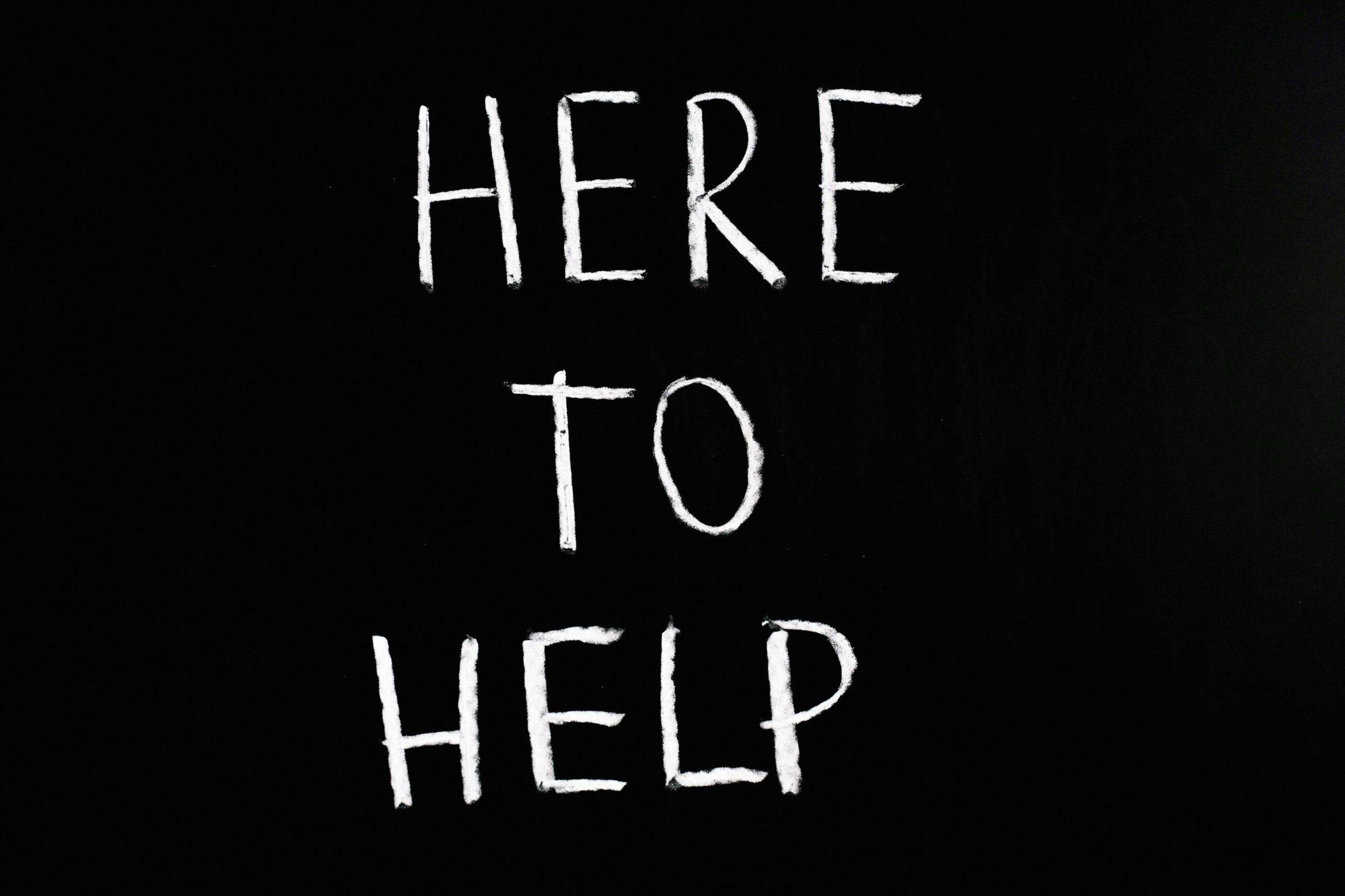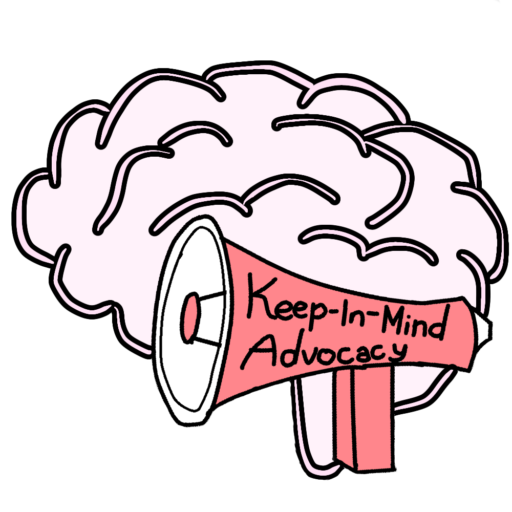In September 2025, I completed the Be There Certificate—a national, evidence-based training developed by jack.org in partnership with the Born This Way Foundation. Designed to teach young people how to support one another’s mental health, the course is built around five core principles of safe, compassionate, and inclusive peer support.
At first glance, it might seem like I didn’t need to take this course. I’ve been a mental health advocate since 2019, and as a psychology student, peer supporter, and community organizer, I’ve spent years learning, practicing, and teaching these very principles.
But I took the course anyway—and I’m really glad I did.
My mom (a yogi, children’s mental health advocate, and overall phenomenal human being) has always told me to approach things as a learner. She says that you learn more when you go back to the basics, than if you come across as a know-it-all (I paraphrased, haha).
And holy smokes, Mom, you’re very right!
What Is the Be There Certificate?
The Be There Certificate is a free, self-paced, online course designed to help people learn how to support someone who is struggling with their mental health. While many people care deeply and want to help, they often don’t know what to say or do—or worry about doing the wrong thing.
This training addresses that by breaking support down into five clear, actionable steps known as the Five Golden Rules:
- Say what you see – Recognize changes in behavior or mood and name them without judgment.
- Show you care – Use both verbal and non-verbal communication to create safety and trust.
- Hear them out – Listen without interrupting, minimizing, or jumping to solutions.
- Know your role – Understand your boundaries and remember you’re not a therapist.
- Connect to help – Guide the person toward appropriate support, whether professional or community-based.
The course uses engaging videos, quizzes, reflection prompts, and real-world examples to help learners practice and internalize each principle. It’s trauma-informed, LGBTQ2S+ inclusive, and backed by rigorous research.
As an ADHDer with the attention span of a plant gnat, being able to read the transcription instead of watching the video, made it so much more interesting. The interactive “continue the text conversation” really enhances the experience, and makes it easier to connect with the course content.
Why I Took the Course
Before I recommend any resource—especially one I might share with vulnerable peers, campus partners, or youth I mentor—I want to understand exactly how it works. That means going beyond the promotional blurbs and actually stepping through the modules myself:
- How is the language framed?
- Is it trauma-informed in practice, not just in theory?
- Will it resonate with students navigating grief, anxiety, burnout, or systemic barriers?
- Does it leave space for boundaries, nuance, and lived experience?
The answer, for the most part, is yes.
The course is accessible, compassionate, and practically useful. It doesn’t ask you to be a mental health expert—it asks you to be present, informed, and responsible.
Would I Suggest the Course to Others?
I absolutely would and already have! As soon as I completed the training, I went over to Instagram and followed their account, and shared one of their posts to my story.
To be honest with you, adding this into the Alberta curriculum (*wink*, *wink*, *nudge*, *nudge*, Minister Nicolaides and Minister Wilson), would really enhance education!
If you’ve ever been unsure how to support a friend who’s struggling—or felt overwhelmed by the responsibility of being “the strong one” in someone’s life—this course is for you.
And if you’re already deep in the world of mental health work, I’d argue it’s still for you.
Not because you don’t know what you’re doing—but because every advocate, supporter, and community leader benefits from seeing how others teach the work. From understanding what accessible, scalable peer support training looks like. From refreshing your own boundaries and language.
The course is free, takes only a few hours, and is open to everyone. And once you’ve completed it, you’ll have not only a certificate—but a stronger, clearer voice in the conversations that matter most.
Take the course here: https://betherecertificate.org
Final Thoughts
Mental health support doesn’t have to start in a clinic. It often starts in a dorm room. A break room. A group chat. A coffee shop. A quiet walk home.
The Be There Certificate reminds us that we don’t need to be therapists to make a difference. We just need to be willing to listen, to learn, and to care in ways that are grounded, respectful, and safe—for others and ourselves.
I’m proud to have completed this training, and even more proud to be part of a community where we take this kind of learning seriously.
If you’re building a kinder, more informed world—you’ll want this course in your corner.


No responses yet